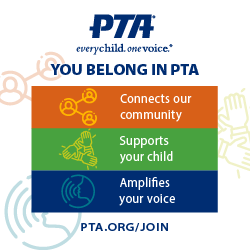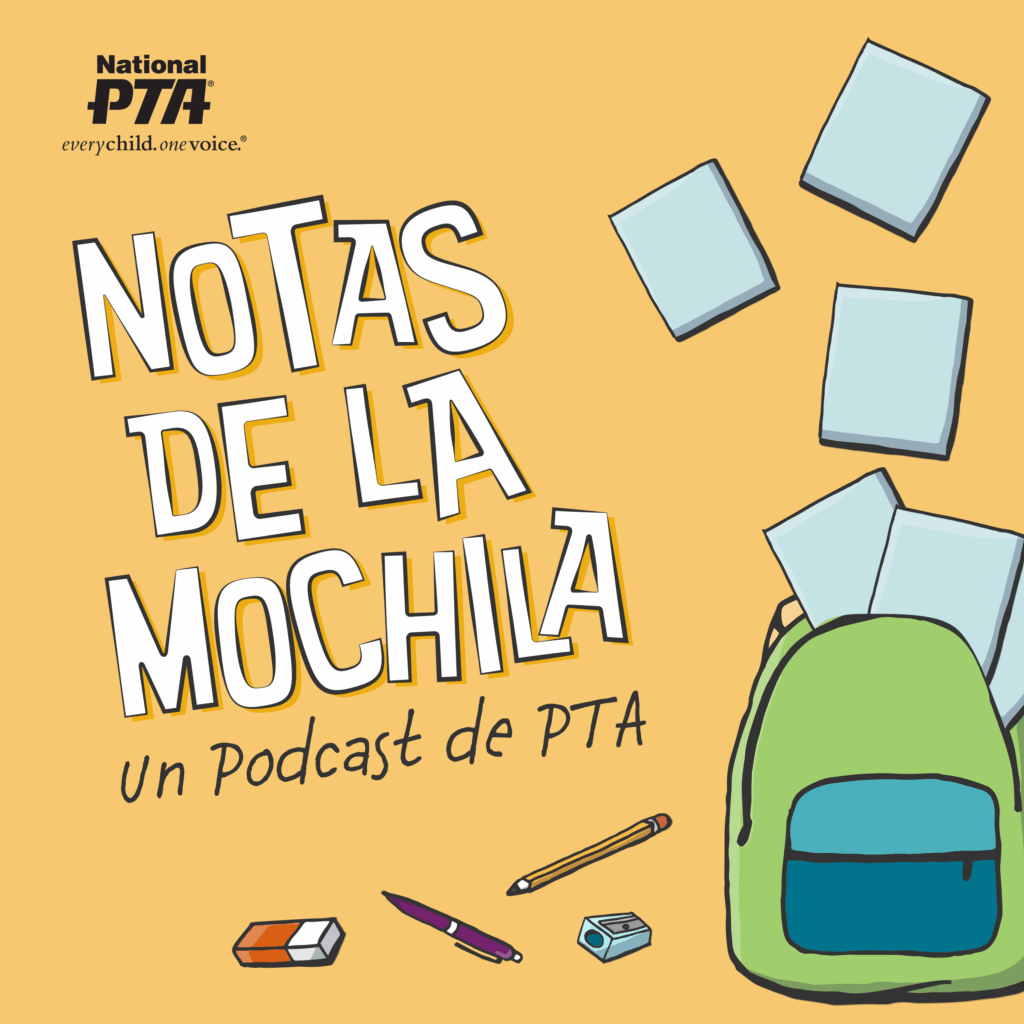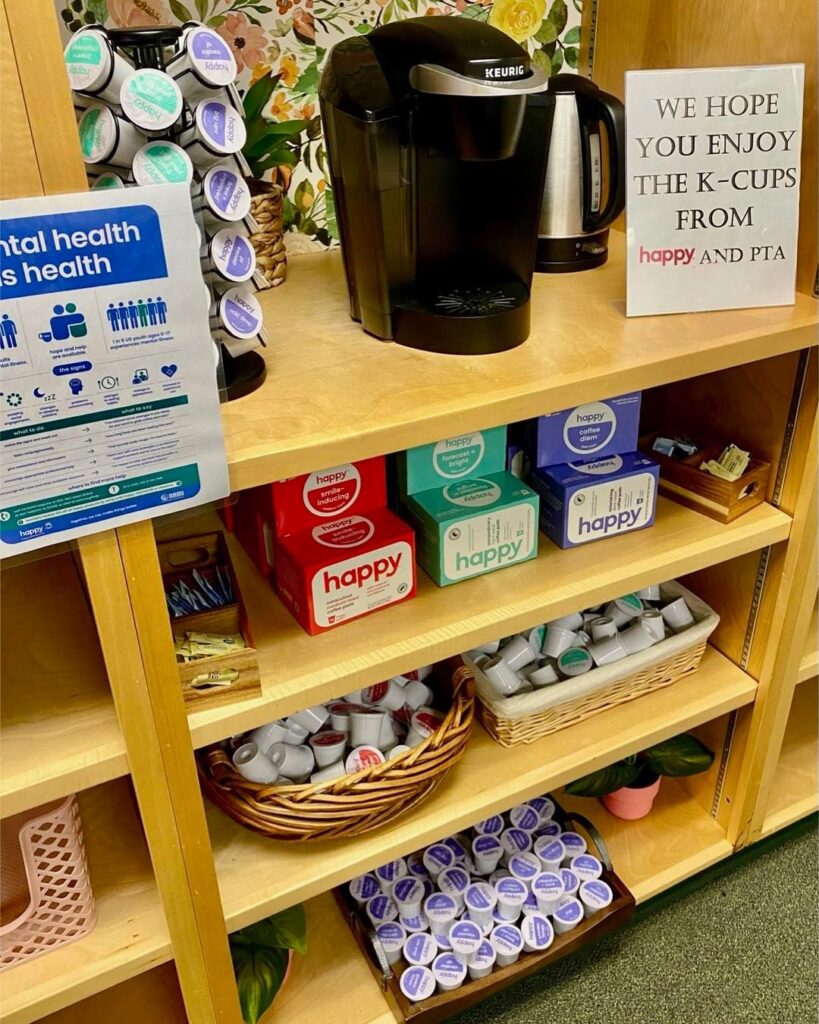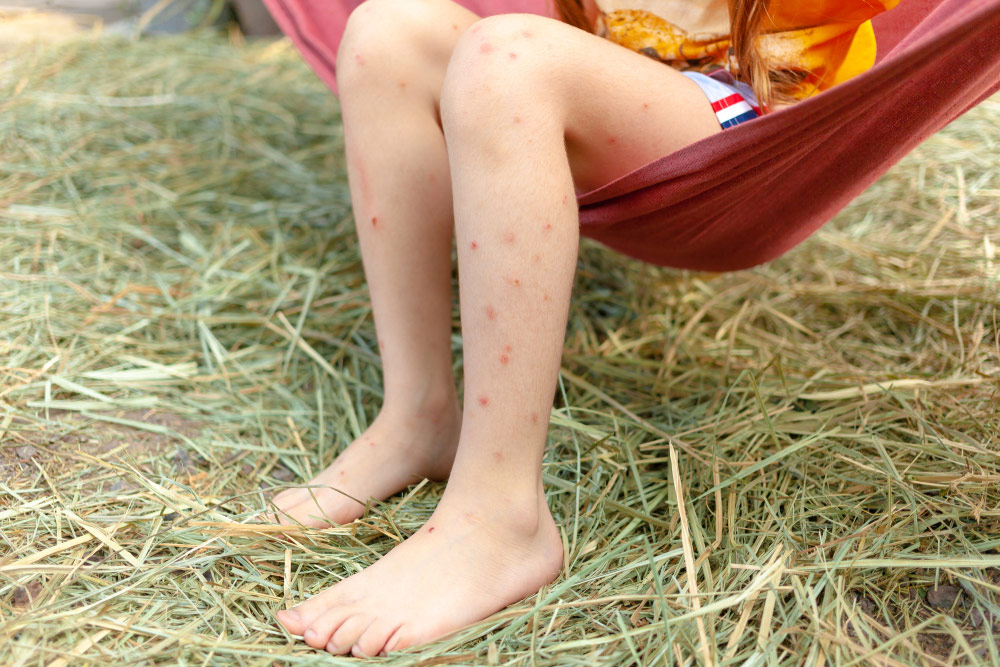From athletes and entertainers to favorite movie characters, children have many role models to emulate. However, parents and caregivers are a child’s primary role model, and they play a significant role in how children handle issues and challenges. Modeling behaviors to help kids learn life skills includes a healthy approach to mental health.
May is Mental Health Awareness Month. With nearly four out of five young people citing unmet mental health needs, it is important to make mental health a priority. Here are five ways to support your child’s mental wellness.
1. Play An Active Role In Seeking Treatment
According to a 2023 survey by the Child Mind Institute, 97 percent of parents agree that their children’s mental health is as important as physical health, but only 29 percent of pediatricians ask regularly about it. Similarly, 43 percent of parents waited more than a year after their kids showed symptoms of impulsivity or hyperactivity, sad or moody behavior or academic troubles before enlisting professional help.
If these behaviors sound familiar, it’s critical to stay engaged with your child. Casually chatting with them about school, friends and activities can help you gauge their emotions and stay connected. If you have trouble getting your child to open up to you—and mental health is not part of your pediatrician’s annual exam—enlist the help of a school counselor, family friend or child psychologist to maintain an ongoing mental health dialogue.
2. Help Them Cultivate Happiness
Some kids are naturally happy, but even they aren’t happy all the time. But just as a happier attitude can help adults lower their blood pressure, build a stronger immune system and sleep more soundly, teaching kids to prioritize friendships, kindness and mindfulness can improve their mood. Other things like goal setting, laughter and exercise can be powerful happiness boosters. When your child starts to feel down, take a walk together. The exercise and opportunity to talk can help improve their mood.
3. Expand Your Definition of Mental Health
Many parents only think of mental health disorders—such as ADHD, depression or anxiety—when thinking about their child’s overall mental health. But mental health includes your child’s attitude, resilience and ability to care for themselves as they grow. Teaching your kids to navigate difficult emotions instead of turning to unhealthy coping mechanisms can foster better mental health and lead to healthier behaviors in adulthood.
4. Model Healthy Coping Mechanisms
Creating a healthy, safe environment at home can go a long way towards preventing the physical symptoms of mental health issues in kids, such as restless sleep, loss of appetite or overeating, or feeling pain with no apparent cause. Children also use caregivers as models for how to express and regulate their feelings, so being mindful of how you respond to stress, anger or resolve conflict can set a positive example for kids.
5. Validate Their Feelings
Children want to be heard when they experience emotional challenges, but a common, unhelpful response from parents is to switch into problem-solving mode—which can actually cause kids to become more upset.
Instead of trying to solve the problem or saying “you’re fine” or “this isn’t a big deal” when your child is frustrated, just listen to them and show empathy. Thank them for being open with their emotions. Acknowledge their feelings, which can help them work through their emotions in a healthy way.
Mental Health Resources
The PTA’s Healthy Lifestyles initiative supports parents and local PTAs with tips, tools and resources to help families make healthy choices. By prioritizing our children’s mental health, we can help them to learn critical life skills for handling stress, adapting and growing through challenges, building meaningful relationships and making healthy life choices.


















